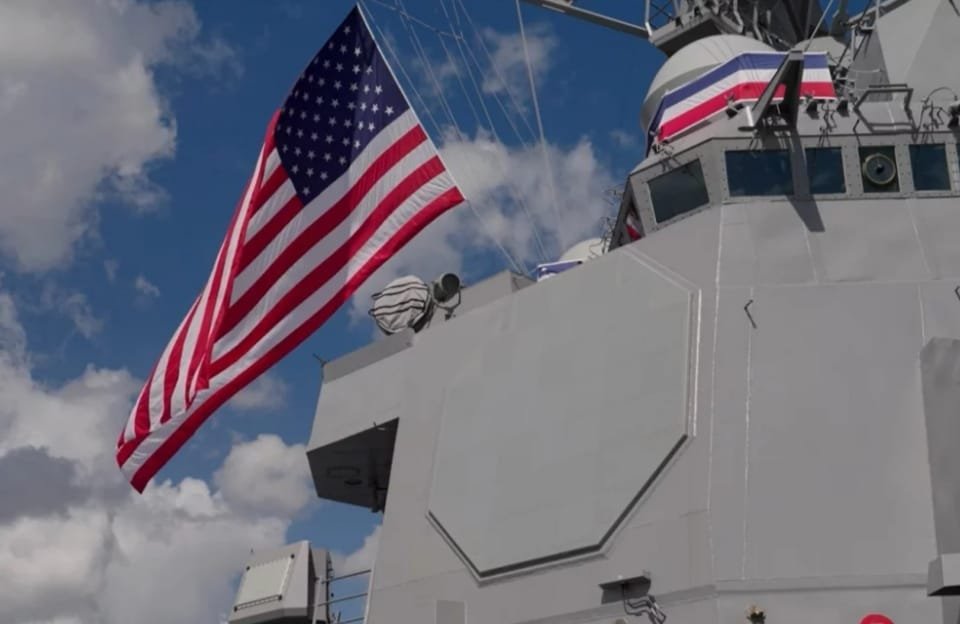
Mitsubishi Electric partners with Raytheon to supply SPY-6 radar components for US Navy
According to a PR published by Mitsubishi Electric on July 24, 2024, the company has announced a new contract with Raytheon, a business unit of RTX, to supply components for the SPY-6(V) radar system used by the U.S. Navy.
This agreement allows Mitsubishi Electric to begin the production of these critical radar components and marks the company’s entry into the U.S. Navy’s defense equipment supply chain. The partnership builds on a longstanding relationship between Mitsubishi Electric and Raytheon, which has been in place since the 1960s.
Mitsubishi Electric’s involvement in the SPY-6(V) radar project is expected to enhance the company’s presence in the U.S. defense sector and reinforce the strategic defense cooperation between Japan and the United States. This initiative aligns with Japan’s Three Principles on Transfer of Defense Equipment and Technology, established in 2014, which aim to enhance international security cooperation.
About the SPY-6(V) radars
These radars, characterized by their modular and scalable design, consist of Radar Modular Assemblies (RMAs) that can be tailored to fit various ship classes and mission requirements. This adaptability is a core feature, allowing the SPY-6 radars to enhance detection range, sensitivity, and discrimination capabilities.
The SPY-6(V)1 variant, designed for the DDG 51 Flight III destroyers, features four fixed array faces, each comprising 37 RMAs. This configuration provides 360-degree situational awareness and significantly enhances the ability to detect and defend against multiple threats, including ballistic missiles, cruise missiles, hypersonic missiles, and electronic warfare tactics. The first deployment of this radar was on the USS Jack H. Lucas (DDG 125), commissioned in October 2023.
The SPY-6(V)2 variant, known as the Enterprise Air Surveillance Radar (EASR), features a single rotating array face with nine RMAs. This version is designed for amphibious assault ships and Nimitz-class carriers, providing robust air traffic control alongside missile defense capabilities. The USS Richard M. McCool Jr. (LPD 29), which completed its builder’s trials in April 2024, was the first to deploy this variant.
Another notable variant, the SPY-6(V)3, has three fixed array faces, each with nine RMAs, and is intended for Ford-class aircraft carriers and Constellation-class guided-missile frigates. This configuration ensures continuous air and missile defense. The SPY-6(V)4, designed for some Flight IIA Arleigh Burke-class destroyers, includes four fixed faces, each with 24 RMAs.
These radars are set to be integrated into 65 ships over the next decade, significantly boosting the Navy’s ability to counter various air, surface, and ballistic threats.


